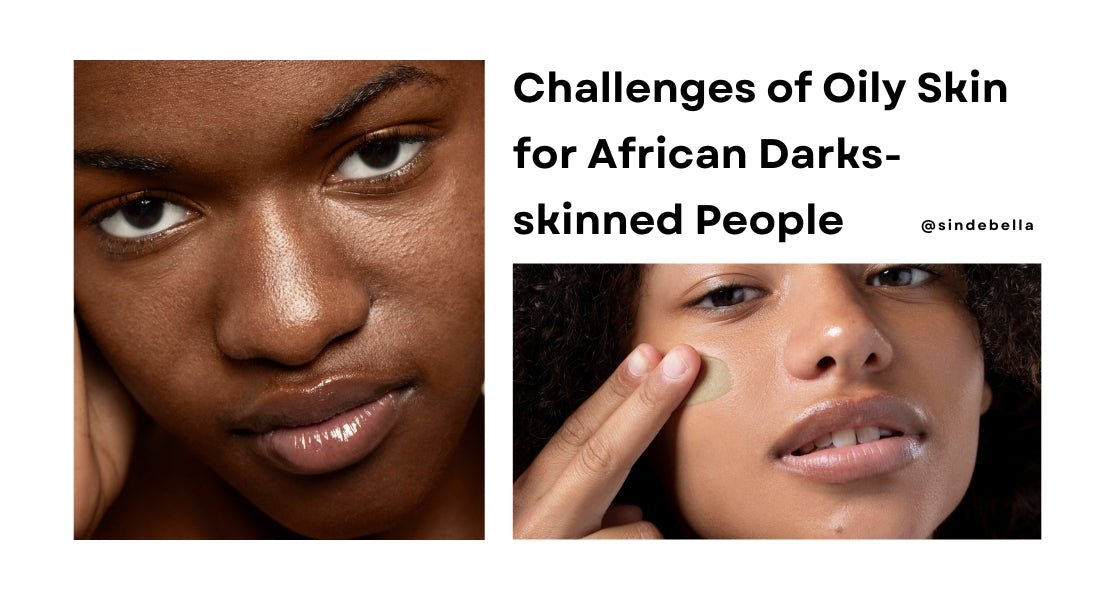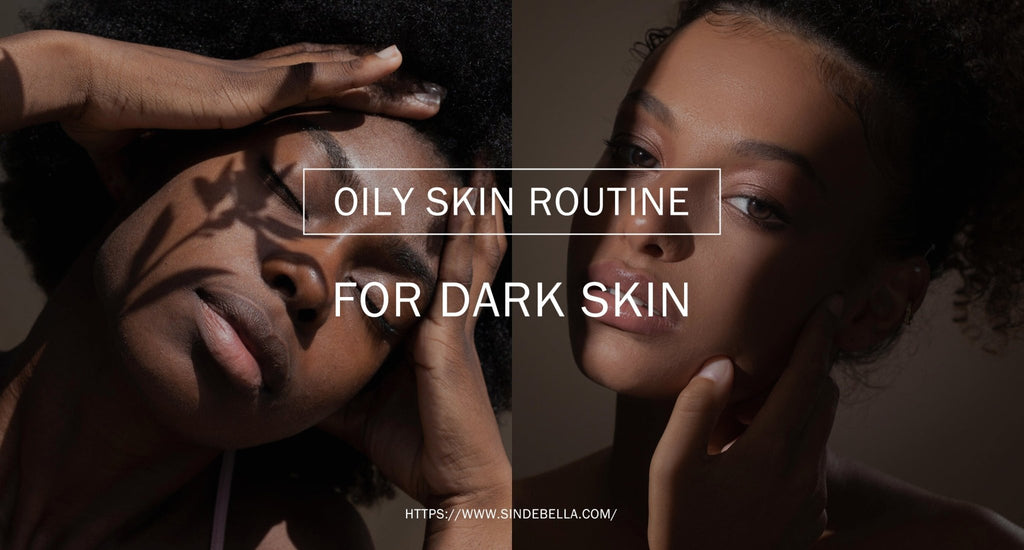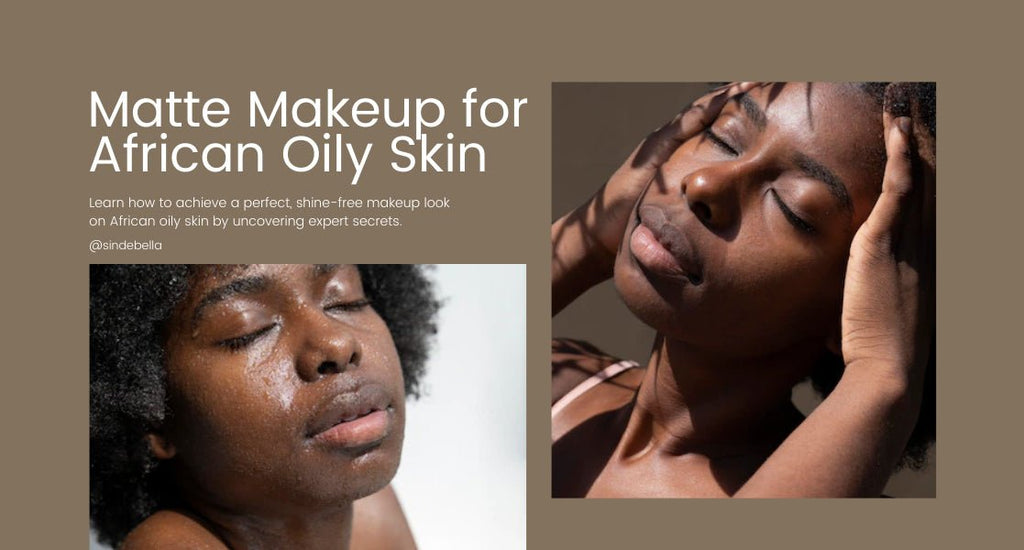
What are the unique challenges of oily skin for African dark skin people?
African dark skin people have unique skin tones and concerns that are often overlooked by the beauty industry. Melanin, the pigment responsible for giving skin its color, is produced in higher quantities in individuals with darker skin tones than in those with lighter skin. This makes their skin more resistant to the damaging effects of the sun, but also more prone to hyperpigmentation, uneven skin tone, and other skin concerns.
Furthermore, Many individuals from this demographic have an oily skin type, where the skin produces excessive amounts of sebum, making them prone to acne, blackheads, and other skin concerns. This makes it essential to tailor the formulation of makeup products to address these concerns effectively.
Moving on to the benefits of using matte finish foundation for African dark skin, it is an ideal choice because it controls oil production, provides coverage and maintains a natural finish. The high oil production in dark skin tones can lead to a greasy appearance, which is why controlling oil with matte foundation is necessary. The matte finish also gives the skin a smooth texture and enhances the skin's natural tone. Additionally, moisture is retained due to the powder formula in matte finish foundation, ensuring that the skin does not become dry and flaky.
As darker skin tones are more prone to hyperpigmentation, it is crucial to ensure that the skin is protected from sunlight exposure. We recommend using makeup products that contain SPF 15-30 to protect the skin from UV radiation. Additionally, it is essential to apply a safe and gentle sunscreen before applying makeup to protect the skin from sun damage, which can lead to premature aging, sunburn, and skin cancer. By taking these precautions, individuals with darker skin tones can protect their skin from damage and maintain their natural beauty.
In conclusion, to create foundation formulas that are suitable for African dark skin people, the formula should be lightweight and non-greasy to prevent clogging of the pores and aggravating oily skin concerns. Choosing a matte finish foundation formula will provide an anti-shine effect and enhance the longevity of the product while maintaining a smooth and even complexion. Thirdly, the foundation should be formulated to address the unique needs of dark skin, such as providing high coverage and preventing hyperpigmentation.
Additionally, including ingredients like vitamin C, niacinamide, and hyaluronic acid can help brighten the skin and reduce dullness. By incorporating these key components into foundation formulas, individuals with African dark skin tones can achieve a natural and healthy complexion that highlights their unique beauty.




